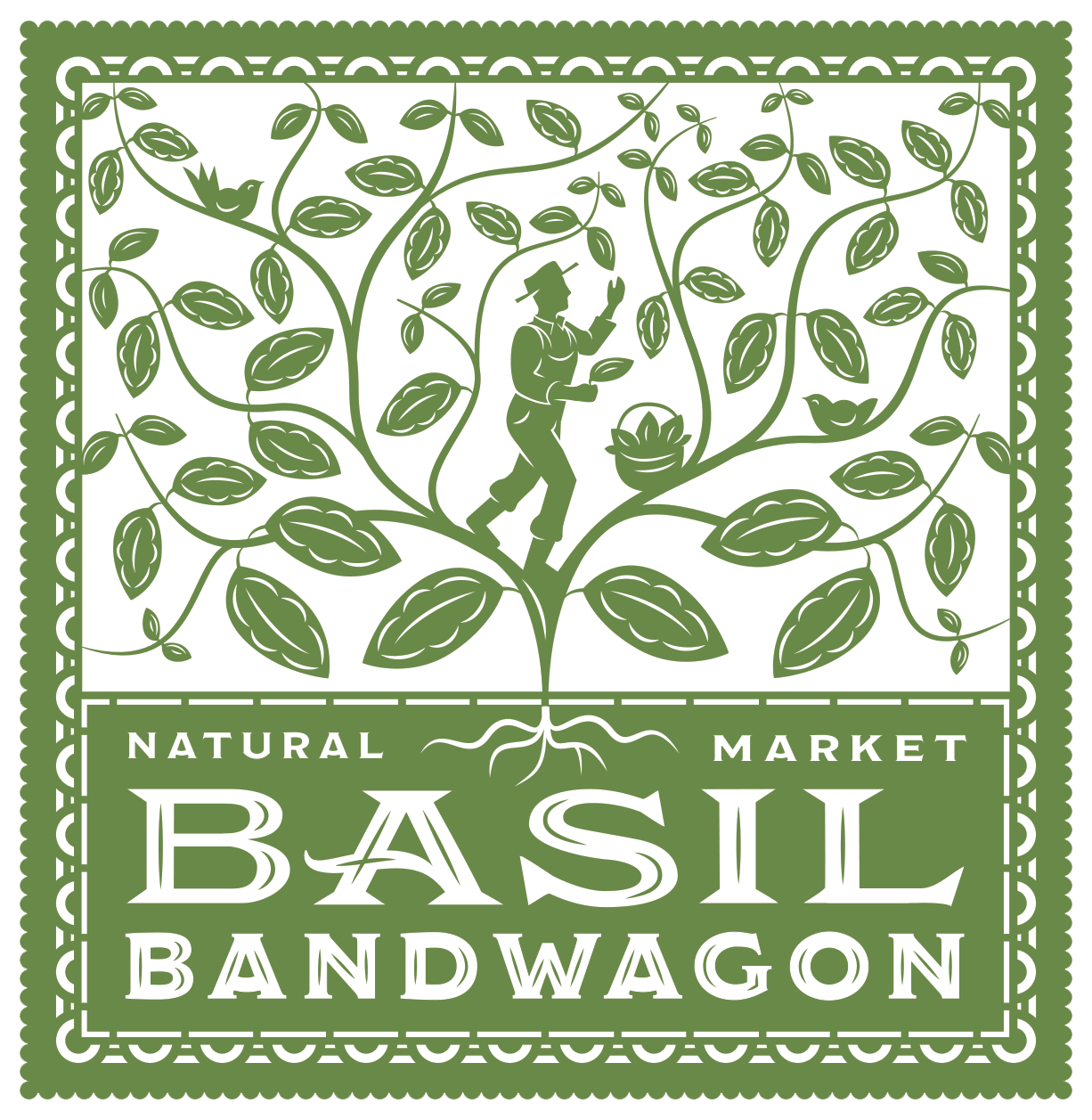
18 Jul Summer Camp Week 6: Smarten Up About Supplements
Supplements have gotten some bad press in recent years’ news. Major retailers have been accused of
selling “fraudulent” and “potentially dangerous” herbal supplements. Other supplement makers aren’t
transparent about their sourcing and production practices. So how do you know what’s beneficial,
what’s a waste of money, and what may be harmful?
The U.S. Dietary Supplement Health and Education Act (DSHEA) is a good place to start with this
explanation. DSHEA mandates that manufacturers and distributors of supplements and dietary
ingredients are prohibited from marketing products that are adulterated or misbranded and must
protect the public against any unsafe product. Among several other regulatory clauses, before
marketing any new dietary ingredient, a manufacturer must supply the FDA with adequate information
to provide “reasonable assurance that the ingredient does not present a significant or unreasonable risk
of illness or injury.”
With this Act, we are given an initial layer of protection as consumers. But, to ensure we are getting the
highest quality, safest, most effective products for our bodies, it’s very important to take your
investigation a few steps further.
What to Look for in a Supplement
When researching or purchasing supplements, there are a few things you’ll want to look for regarding
the manufacturer. Sometimes these can be found on product labeling, other times you’ll want to refer
to the company’s website for more detailed information.
Quality Assurance:
A company that does not disclose quality assurance practices is likely not a great choice in
supplements. For instance, when you eat food at a restaurant, you expect it to be made with
care and safety in mind, just as you expect it to contain quality ingredients that are nutritive
(and delicious!) to consume. It is important that you expect the same with your supplements. If
you choose to eat organic, you may also want your herbs to be grown organically.
What to Look for:
Companies that take pride in their sourcing and farming practices most often
disclose this information to help inform consumers of their quality practices.
Gaia Herbs is a superb herbal supplement company with a long-standing reputation of utmost
quality. Headquartered in rural North Carolina, Gaia has implemented an herb traceability
program. Upon purchasing a Gaia product, you will notice a “Meet Your Herbs” code printed on
packaging. The code can be typed into a handy web-based tool which enables you to view the
source of each herb through a virtual tour of their farmland. Super cool! Check out the tool
here.
Operational Transparency:
Supplement companies with poor transparency standards reveal little information – if any at all
– about ingredient sourcing, production methods, packaging details, and shipping logistics.
What to Look for:
As a customer, you want (and have the right) to know about where
ingredients in your supplements come from, how they are made into their current form, what
type of packaging is used to contain them, and under what conditions they are shipped (i.e.
temperature). A good supplement company is transparent about their ingredient sourcing,
production methods, packaging, as well as shipping logistics.
Mega Food is a fantastic supplement company that has adopted utmost transparency to
customers. Headquartered in New Hampshire, Mega Food not only discloses what small, family-
owned farms they source product from, but their website includes live video footage of their
production facility in action. Talk about being transparent! Check them out here.
Descriptive Labeling:
Sparse labeling without detailed information is a sure sign of lack of credibility.
The more information that is provided, the more you are able to determine if the product is exactly what
you are looking for.
What to Look for:
What’s on the label should be in the bottle. In other words, as a customer,
you should be aware of ALL details related to the product formulation. Active as well as non-
active ingredients should be listed to help inform you about your choices.
Oregon’s Wild Harvest is a wonderful herbal supplement company that champions these
practices to create customer-friendly products. Headquartered in Oregon, Oregon’s Wild
Harvest labels are comprehensive, clear, descriptive and informative. A company you can trust!
Check out their quality standards in labeling here.
Claims:
Marketing claims on packaging are often a bad sign. For example, products with labels that say
“Lowers Blood Pressure” or “Lose 10 lbs. Fast!” are not abiding by DSHEA law and are likely to
be unsafe or ineffective.
What to Look for:
Look for products without lofty claims, or with supportive statements like:
“supports healthy blood pressure” or “supports a positive mood”. These companies are
practicing appropriate labeling and marketing tactics and helping you make informed choices on
your selections.
Nordic Naturals is a supplement company specializing in Omega 3 oils. Headquartered in
California, the company’s motto speaks to its commitment to quality: “Committed to Delivering
the World’s Safest, Most Effective Omega Oils™”. Nordic Naturals has surpassed International
Pharmaceutical Standards, has earned award-winning product purity levels, and guarantees
exceptional freshness. This is especially important in fish oil supplements, where rancidity of fish
can play a role in product experience (fish burps are not pleasant and purity can prevent them!).
Check out Nordic Natural’s commitment to quality here.
References
http://www.fda.gov/Food/ResourcesForYou/Consumers/ucm109760.htm – US Food & Drug Administration
http://www.crnusa.org/index.html – Council for Responsible Nutrition
http://www.naturopathic.org/content.asp?contentid=35 – The American Association of Naturopathic Physicians
https://www.weilvitaminadvisor.com/why_take_supplements – Dr. Weil, “Why Take Supplements?”
https://www.nowfoods.com/now/nowledge/how-read- supplement-labels – Now Foods “How to Read Supplement Labels”
https://www.weilvitaminadvisor.com/medications_that_deplete_nutrients – Dr. Weil “Replenish the Nutrients that Medications Deplete”



